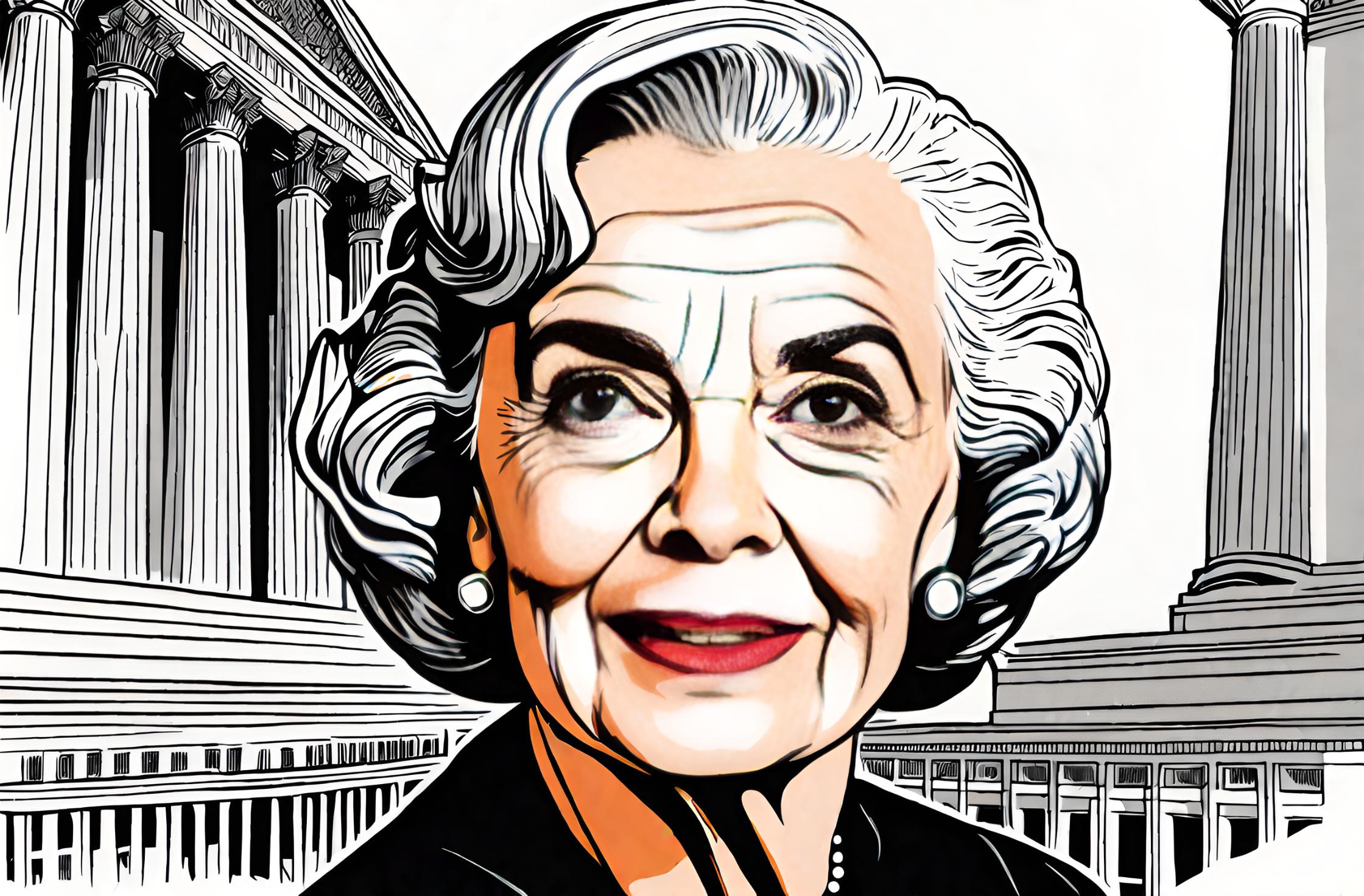Flashback to July 8
American History

On April 18, 1958, a significant event took place in the world of literature and mental health as a U.S. federal court ruled for the release of renowned poet Ezra Pound from an insane asylum. This ruling marked a pivotal moment not only in Pound’s life but also in the understanding and treatment of mental illness in the United States. Let’s delve deeper into this historic event and its significance.
Ezra Pound was an influential American modernist poet and critic, widely known for his contribution to the literary movement of Imagism. However, his career took a drastic turn during World War II when he openly expressed his support for Benito Mussolini’s fascist regime in Italy and made anti-Semitic comments, which led to his arrest on charges of treason.
Following his arrest, Pound was in custody for twelve years, during which he was first held in a detention center in Pisa, Italy, and later transferred to St. Elizabeths Hospital, an insane asylum in Washington, D.C. It was at St. Elizabeths that Pound’s mental health was evaluated, and he was diagnosed with paranoid delusions and deemed mentally unfit to stand trial.
Pound’s case soon caught the attention of literary and legal communities alike, sparking debates about the intersection of mental illness, artistic expression, and personal freedom. Advocates argued that Pound’s confinement not only violated his rights as an individual but also stifled his literary genius.
Finally, on April 18, 1958, Judge David A. Pine granted Pound’s release, ruling that the poet was no longer a threat to himself or society. Pine’s decision was reinforced by testimony from various psychiatrists, including Dr. Winfred Overholser, the superintendent of St. Elizabeths Hospital. Dr. Overholser stated that Pound’s condition had improved significantly, and there was no evidence to suggest that he posed a danger or required further institutionalization.
The court’s ruling generated mixed reactions. Some celebrated the decision as a triumph of justice and a recognition of Pound’s creative genius, while others criticized it, arguing that it set a dangerous precedent by allowing individuals with controversial beliefs to evade punishment for their actions.
Nonetheless, Pound’s release had a profound impact on mental health discourse in the United States. It highlighted the need for a more nuanced understanding of mental illness and the importance of individualized treatment plans. Furthermore, it sparked conversations about the balance between personal freedom and societal responsibility, particularly when it came to individuals with a history of mental illness.
Pound’s life post-release was relatively quiet compared to his earlier controversial years. He moved to Italy and focused on his writing, producing works like “The Pisan Cantos.” While he continued to face criticism for his political views, his poetry and literary contributions remained influential.
We strive for accuracy. If you see something that doesn't look right, click here to contact us!
Sponsored Content

US Senate confirms Sandra…
On July 8, 1981,…

The first confirmed tornado…
On 7/8/1680, the first…

Harbor Hospital formally opens.
On July 8, 1897,…

William Jennings Bryan “cross…
On July 8, 1896,…

Mayo Clinic researchers warn…
Mayo Clinic researchers issue…

US State Department issues…
On July 8, 1796,…

